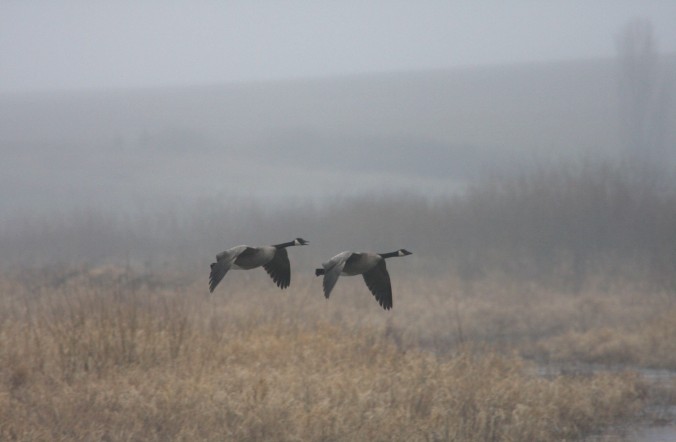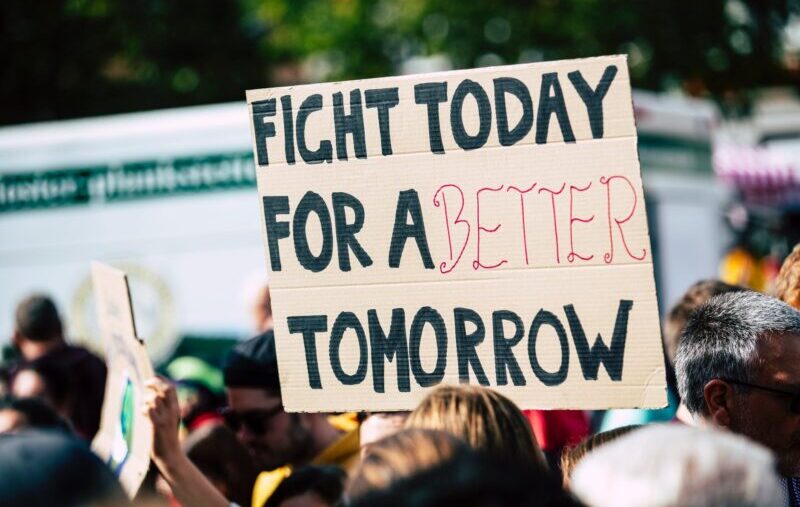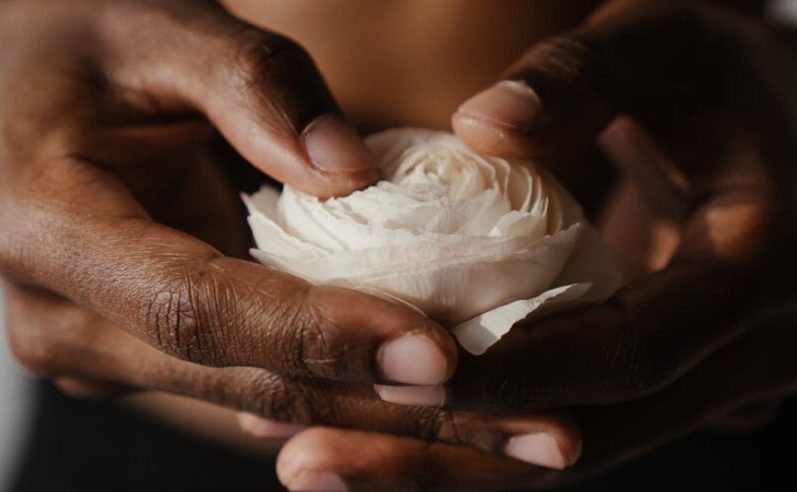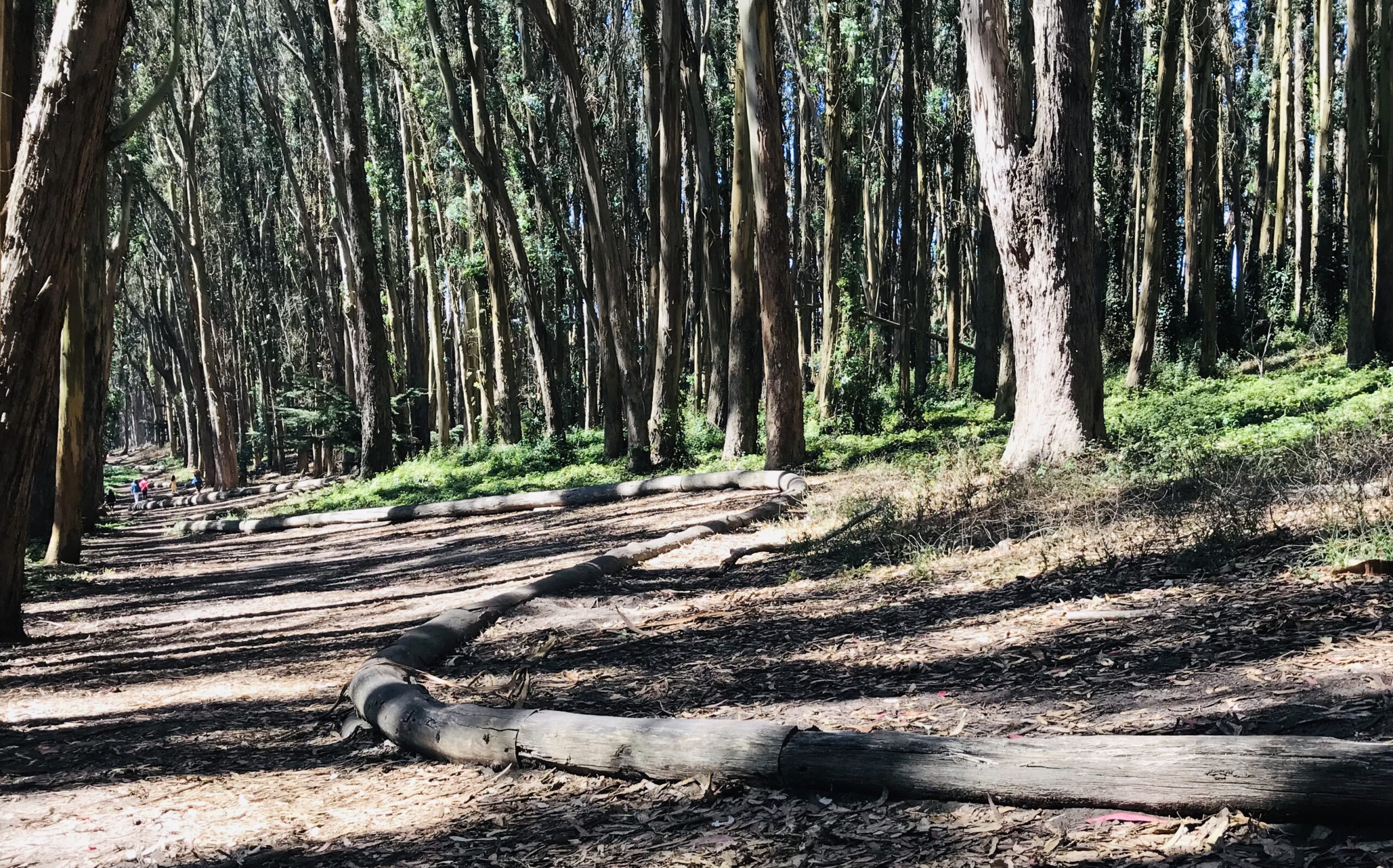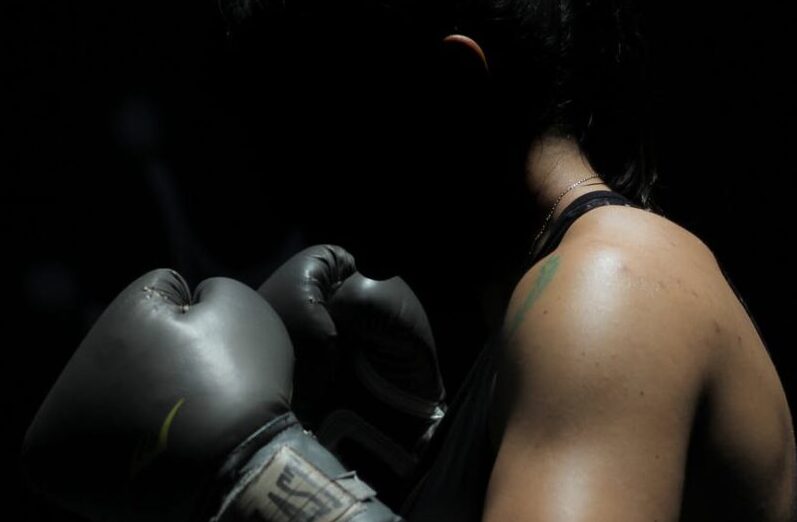I am so thankful for the life and work of Mary Oliver and so sad to learn that she died on Thursday. Her poem, “The Journey” is the first thing I posted on this blog twelve years ago. Just yesterday, in an accidental feat of perfect timing, I published it again as the centerpiece of a meditation on becoming a person. The person I am becoming continues to be shaped by Oliver’s work; “The Journey” and so many others. With deepest gratitude for her peaceful and powerful impact on my life, I have republished below a reflection I wrote in 2016 on her poem, “Wild Geese.”
I tacked this poem onto my bulletin board a few days ago. It’s been staring at me ever since, trying to help me understand, to see in a new way. This seems like a good day to explicate it as best I can. First, here’s the whole thing.
“Wild Geese” by Mary Oliver
You do not have to be good.
You do not have to walk on your knees
For a hundred miles through the desert, repenting.
You only have to let the soft animal of your body
love what it loves.
Tell me about your despair, yours, and I will tell you mine.
Meanwhile the world goes on.
Meanwhile the sun and the clear pebbles of the rain
are moving across the landscapes,
over the prairies and the deep trees,
the mountains and the rivers.
Meanwhile the wild geese, high in the clean blue air,
are heading home again.
Whoever you are, no matter how lonely,
the world offers itself to your imagination,
calls to you like the wild geese, harsh and exciting —
over and over announcing your place
in the family of things.
In my reading of the poem it has three acts: permission, perspective, and invitation.
Permission
You do not have to be good.
You do not have to walk on your knees
For a hundred miles through the desert, repenting.
You only have to let the soft animal of your body
love what it loves.
Tell me about your despair, yours, and I will tell you mine.
There are a couple of lines in this poem that stop me in my tracks, starting with the very first. If all I could have is that first line I’d be more than satisfied. I needed to hear it a long time ago. I wish I had known and believed it long before now. It’s a mantra, a meditation. It’s also the beginning of permission to simply let go of all of the “shoulds” and comparisons and the pervasive perfectionism that prevents creative expression.
The permission in these opening lines simply says, “It’s ok to get off of your knees, once and for all, to let go of shame and guilt and ‘not enough’ and walk on timid but strengthening legs to that which is calling you forward.” It reminds me of the heart-wrenching scene in “Good Will Hunting” when Sean (Robin Williams) says to Will, “It’s not your fault.” “It’s not your fault.” “It’s not your fault.”
And just as that permission begins to settle in, I hear the poet’s invitation to unburden myself of my despair AND to be present to the despair of another. My pain is no greater than yours. Yours is no greater than mine. We are all hurting. And we must all get up and continue walking. And we must help each other do it. It’s the only way.
Perspective
Meanwhile the world goes on.
Meanwhile the sun and the clear pebbles of the rain
are moving across the landscapes,
over the prairies and the deep trees,
the mountains and the rivers.
Meanwhile the wild geese, high in the clean blue air,
are heading home again.
The world goes on. I am small. It is vast. I am important, but not nearly so much as I think. I want to be special, to be heard and understood as I’m sure I never will be. Won’t you give me more time? More attention? More care and concern? Why have you moved on? Why must we change the conversation?
Eventually, as my voice gets smaller, drowned by the gorgeous volume of a world in motion, I have to reconcile myself to the hard truth – hard, hard truth – that it doesn’t exist just for me. It is not a backdrop, an elaborate setting for my experience. It simply exists. As do I. And by existing as it does, it reminds me to keep returning to myself to learn what I must learn. And to never stop because there is no end to that discovery.
Invitation
Whoever you are, no matter how lonely,
the world offers itself to your imagination,
calls to you like the wild geese, harsh and exciting —
over and over announcing your place
in the family of things.
If only I am willing to refuse my loneliness – that subtle device by which I convince myself that no one else will quite understand – it is all there for the taking. Gifts too beautiful to take in at a glance. I am here. You are here. The world is here, made to be free in.
On stronger legs now I stride into the world, persistent in my self-reflection, consistent in my regard for you, ready to learn all I must if I am to live into the possibility I can see just above the horizon.
That faraway place, always right here.
DAVID BERRY is the author of “A More Daring Life: Finding Voice at the Crossroads of Change” and the founder of RULE13 Learning. He speaks and writes about the complexity of leading in a changing world.

